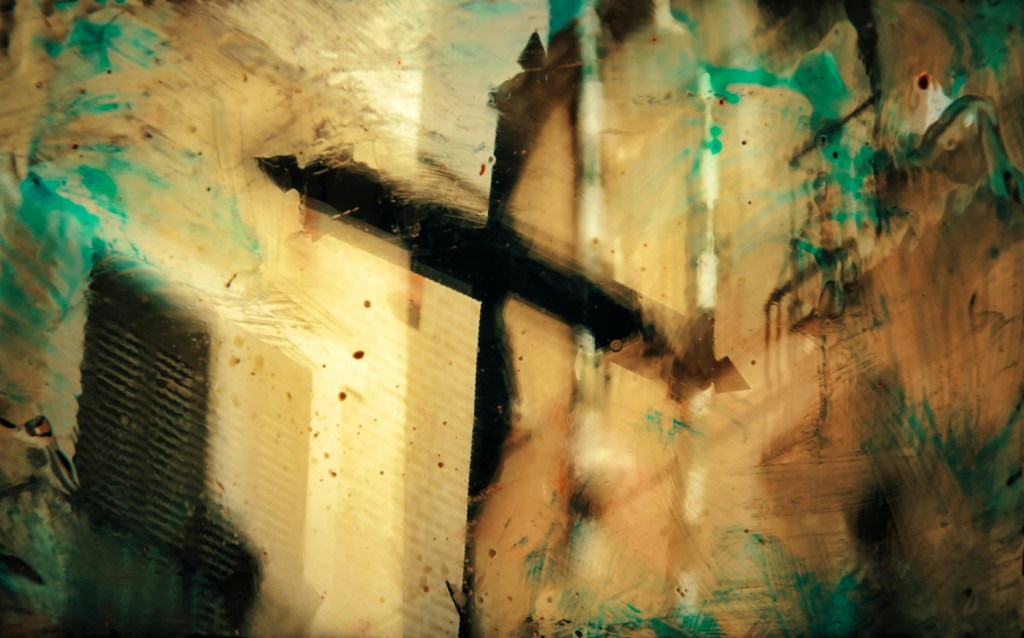Read Psalm 22.
“My God, my God, why have you forsaken me?” (Matthew 27:46).
These words from the cracked lips of Jesus, spoken from the cross on Good Friday, are difficult to hear. The pain of Roman crucifixion coupled with the weight of the world’s sins on his flayed shoulders culminate in the darkest moment in all of history: the murder of the Son of God. But Jesus’ words were not original in the moment; they were borrowed from Psalm 22. The psalm opens with these words forged in pain. And as the psalm continues, we find that Jesus was not just identifying with the pain of the psalmist; he was pointing to the entire psalm as a prophecy of his death and resurrection.
David says, “All who see me mock me; they hurl insults, shaking their heads” (Psalm 22:7). The Gospels echo, “Those who passed by hurled insults at him, shaking their heads” (Matthew 27:39).
“‘He trusts in the Lord,’ they say, ‘let the Lord rescue him’” (Psalm 22:8) becomes “So! You who are going to destroy the temple and build it in three days, come down from the cross and save yourself!” (Mark 15:29–30).
“They pierce my hands and feet” (Psalm 22:16) speaks of crucifixion long before the gruesome means of execution was invented. But these are the marks that the risen Jesus would point to as proof of his victory over death: “Look at my hands and my feet. It is I myself! Touch me and see; a ghost does not have flesh and bones, as you see I have” (Luke 24:39).
David reports, “They divide my clothes among them and cast lots for my garment” (Psalm 22:18). Even this seemingly insignificant detail proves true at Calvary: “When the soldiers crucified Jesus, they took his clothes, dividing them into four shares, one for each of them, with the undergarment remaining. This garment was seamless, woven in one piece from top to bottom. ‘Let’s not tear it,’ they said to one another. ‘Let’s decide by lot who will get it’” (John 19:23–24).
How did David know? Did he even realize he was prophesying when he penned this psalm? We don’t know the original context of this song, so we don’t know the exact trouble David was facing in the moment. But he was guided by the Holy Spirit to write Psalm 22, exactly as it is, so that centuries later Jesus could speak the words of verse 1 from the cross and point people to the prophetic truth of his death—and God’s victory in it.
The Spirit knew precisely what would happen when the Son of God was nailed to a tree for the sake of the world, and he left these words, among other prophecies in the Old Testament, to show that the death of Jesus was “by God’s deliberate plan and foreknowledge” (Acts 2:23). It wasn’t an accident of history or a “Plan B” at the last minute. It was God’s beautiful and costly idea from the beginning.
I wonder how the disciples on the road to Emmaus reacted when Jesus, in the course of explaining “what was said in all the Scriptures concerning himself” (Luke 24:27), came to these verses in Psalm 22. And I wonder if they teared up as he told them what would come next:
“The poor will eat and be satisfied; those who seek the Lord will praise him…All the ends of the earth will remember and turn to the Lord, and all the families of the nations will bow down before him, for dominion belongs to the Lord and he rules over the nations” (vv. 26–28).
David finishes his psalm with a triumphant “He has done it!” (Psalm 22:31). Centuries later, before breathing his last, Jesus responded: “It is finished” (John 19:30).
This devotional is taken from The Ascent: A Devotional Adventure through the Book of Psalms.

Leave a comment